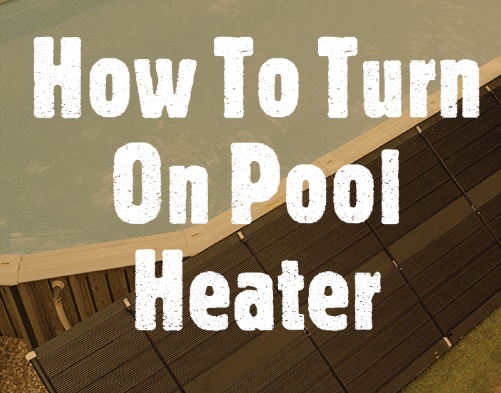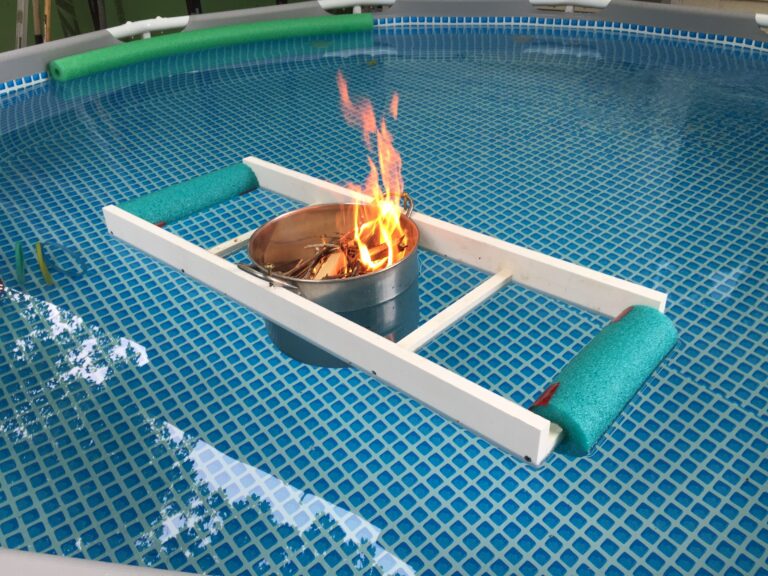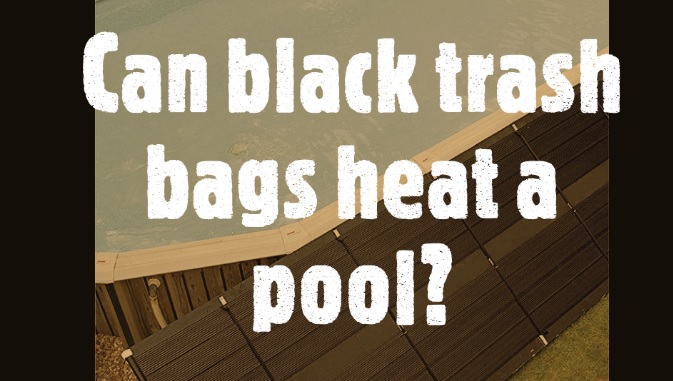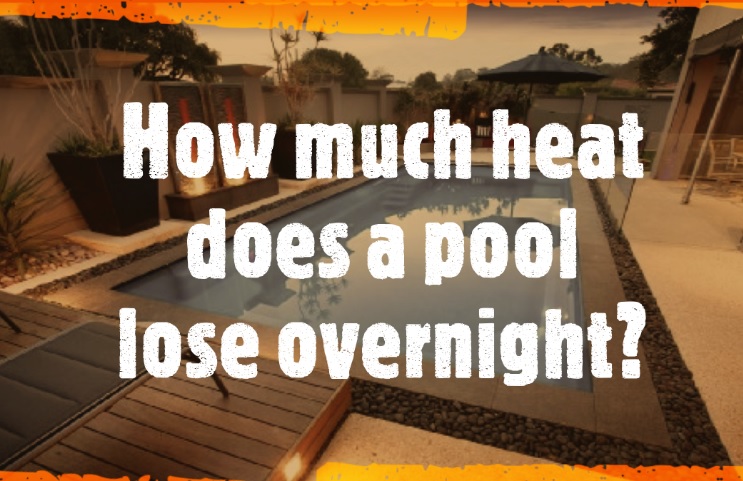Are Olympic Pools Heated?
At the Olympics, pools are for swimming. Swimmers don’t want to feel like they’re swimming in a Jacuzzi or hot tub, so Olympic pools are kept at about 26 degrees Celsius (79 degrees Fahrenheit). That’s cooler than most pools you’ll find in public gyms or hotels because it helps athletes conserve energy during competition. Here will explain whether the Olympic pools are heated or not!
It’s also not that warm outside! During the summer Olympics (e.g., 2020 Tokyo), that means there’s no need to heat an outdoor pool—temperature won’t be an issue. But inside an indoor arena? They’ll have to turn up the thermostat just like anyone else would when it gets chilly out!
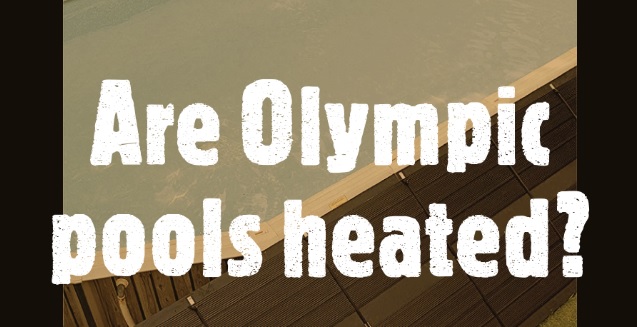
How do we manage that?
The first thing to understand is that Olympic pools are not heated. In fact, it’s the only swimming event at the Olympics where you’ll find athletes training in water temperatures below 81 degrees Fahrenheit. This makes sense—the swimmers are trained to be able to swim in cold water, and most of them come from warmer climates (like Australia).
The second thing is that even though the temperature inside an Olympic pool may be relatively low, their walls keep them at a constant temperature by using heat exchangers. If you’re not familiar with these devices, they’re pretty simple: they use warm air near the ceiling of an area to transfer some of its heat into cooler air closer to floor level. This way everything stays nice and comfortable!
Who pays for the water bill?
The cost of heating the pool is shared between the host country and the International Olympic Committee. The host country pays for the water and maintenance of the pool, while the IOC only covers maintenance costs.
The host country pays for heating, as well as electricity used during other events taking place at their venue during Olympic years. However, it should be noted that this is not always a simple task because these costs can vary depending on climatic conditions in certain countries.
How much does it cost to heat an Olympic-size pool?
It’s no secret that swimming is a great way to stay fit, but did you know it can also help save the world? According to the United States EPA, an Olympic-size pool can heat up a home for an entire year by saving energy. Swimming pools are very efficient in terms of heating costs and when properly maintained can save you hundreds of dollars each year in energy bills.
If we compare this to other forms of heating, such as natural gas or propane fuel (which require electricity), then it’s easy to see why swimming pools are so attractive for homeowners who want to reduce their carbon footprint while still maintaining comfortable temperatures inside their homes during cold winters months.
Have you visited an Olympic pool? What was the temperature of the water like?
At this point, you may be wondering just how Olympic pools differ from your local aquatic center. If you have visited an olympic pool, what was the temperature of the water like? What did you think of it?
I’ve been lucky enough to visit two different Olympic swimming pools (one in Beijing and one in London) and both pools were absolutely freezing cold! I’m not used to swimming outdoors in anything less than 80 degree weather so jumping into an ice bath was a bit shocking at first. But since it’s an Olympic event – how could we not? The experience actually turned out to be quite fun once I got over my initial fear (and subsequent shivering).
The next time I’m visiting a new city that has an outdoor pool, I’ll definitely take advantage of its availability!
Do they use a heater or solar power or both to keep the pools warm?
The answer to this question is a little bit complicated, but that’s true of a lot of things in life!
There are three types of pools: solar, heat pump and inflatable. The first two use solar power or ground heat pumps to heat the water; the last one uses an internal fan to blow warm air into the pool. All three methods are used at different times during an event depending on the weather conditions and time of year.
The size of each Olympic competition pool depends on how many people will be competing—for example there were 456 athletes at the 2016 Olympics swimming events! To put that number into perspective: if all those swimmers decided to go for a swim in their own personal pools at once, they’d fill up roughly 15 million bathtubs (and not even half as many toilets).
Are Olympic pools heated and how do they keep them at 78 degrees if they are in a cold environment?
Yes, Olympic pools are heated. But no, we don’t mean the kind of heating that involves flames or hot water.
While you might be thinking about how the athletes could survive in freezing temperatures without a heater, it turns out that there is actually a natural way to heat an Olympic swimming pool: the sun!
The sun heats up your skin when you go outside on a sunny day, but it also heats up water—and this can help warm up an Olympic swimming pool as well. How does this happen? Well, when sunlight hits the surface of water molecules (like those in an Olympic-sized swimming facility) at certain angles and intensities, they bounce back into space as infrared radiation—which has some pretty awesome properties for keeping bodies warm
The Olympics are an expensive event for the host country, but fortunately, most pools don’t need to be heated.
The Olympics are an expensive event for the host country, but fortunately, most pools don’t need to be heated. The waters of Rio de Janeiro’s Olympic Aquatics Stadium and many others don’t need artificial climate control—the water is naturally warm enough that it can be kept at a comfortable temperature without any additional help from fossil fuels or other energy sources.
In these arenas, the temperature of 78 degrees Fahrenheit (26 degrees Celsius) is achieved thanks to solar power: The sun heats up the pool just like it does any other body of water on Earth. Even better: This method doesn’t create as much pollution as traditional heating methods do!
Conclusion: Are Olympic pools heated?
The cost of heating an Olympic pool varies depending on the climate and size of the pool. The average price is $1,000 per day but can be as high as $15,000 if the pool is large enough to hold competitions like swimming or diving. The best way to keep a pool warm is by using solar power or geothermal energy. These systems use natural resources like sunshine or heat from underground rocks so they don’t use any fossil fuels which helps protect our environment while saving money at the same time!

